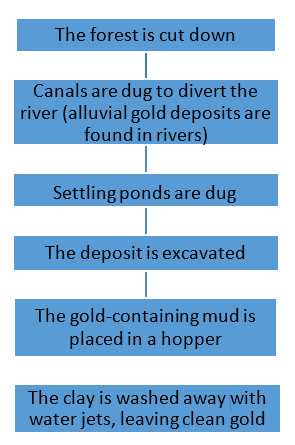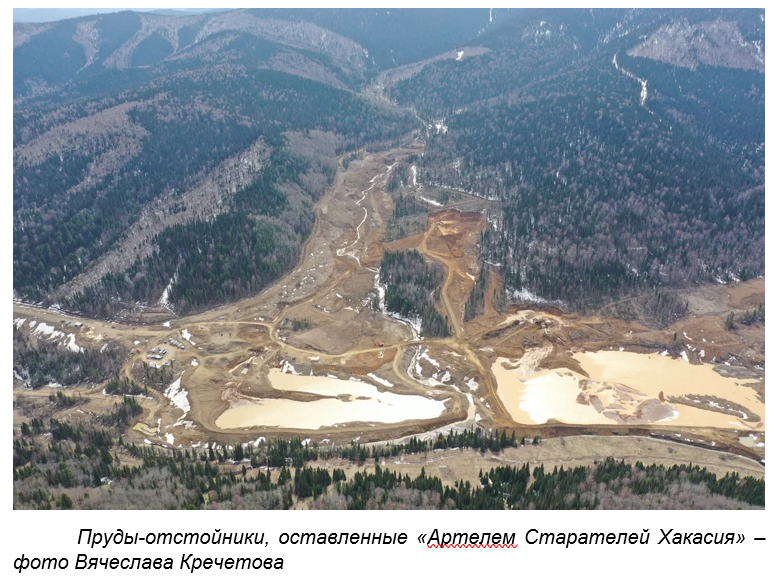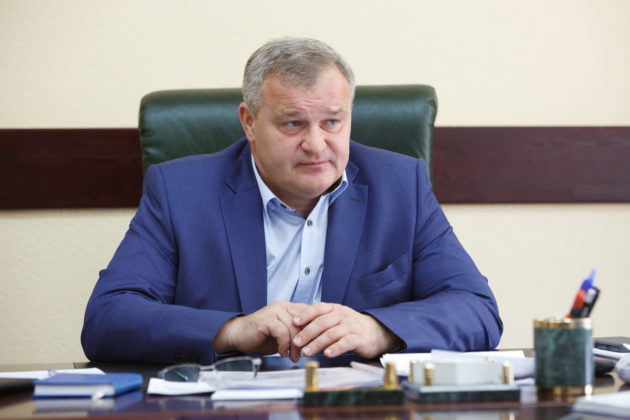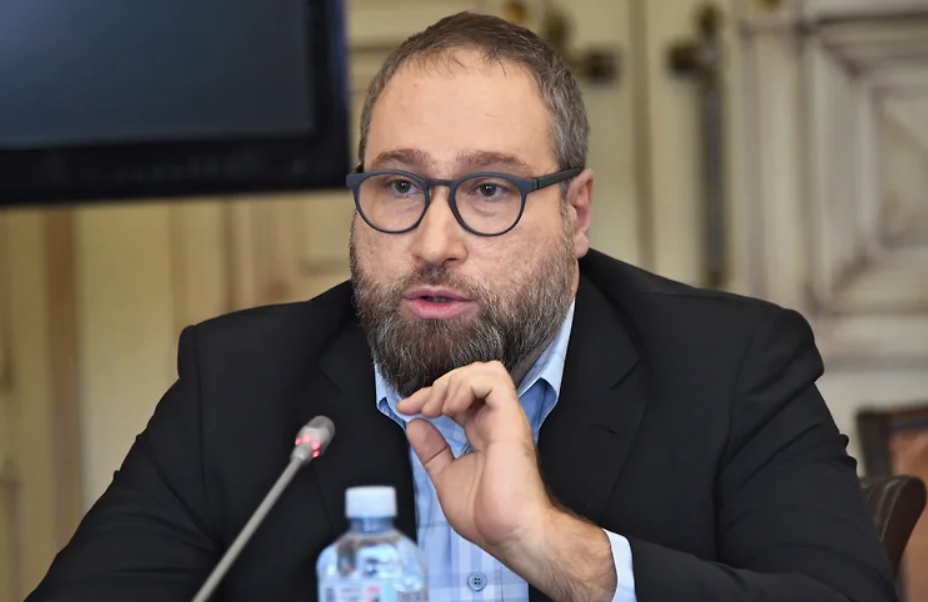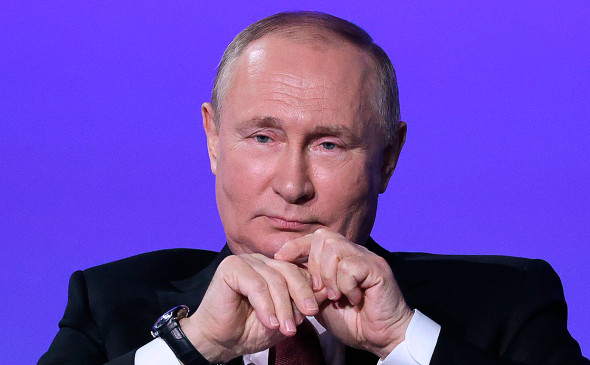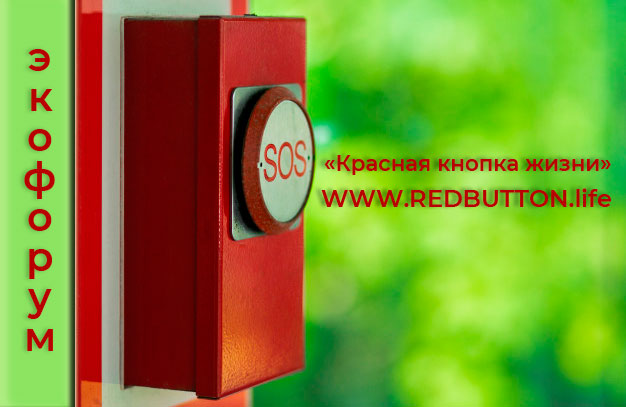A recent study says there are 279 licensed gold mining sites in seven regions of Russia that pose a threat to the environment and the local residents: 32 of the sites are in the Republic of Khakassia. Public organization Harmony with Nature (Republic of Altay, Russia) has conducted the study together with the WWF “People for Nature” project. In this article, we will show how the Prospectors of Khakassia Company is destroying the unique nature of the region.
Khakassia, as well as Russia in general, was once abundant with natural resources. Endangered plants can be found in local forests, and rare fish such as Manchurian trout, Siberian taimen, and Mongolian grayling live in local rivers. Unfortunately, it is not only trout that the rivers are rich in—there is also gold.
Prospectors of Khakassia are developing alluvial gold deposits in the valleys of the Balyksu and Magyzy rivers (Askiz district). Both Balyksu and Magyzy flow into the Tom River. The prospectors use a primitive alluvial gold mining technology, which works like this:
As a result, the heavier gold is deposited on riffles, while water with suspended solids flow into the settling pond by gravity. This common alluvial gold mining technique was first used in Russia as early as 1814. The water discarded into the settling pond turns a characteristic red-brown color.
Settling ponds left behind by Prospectors of Khakassia. Photo by Vyacheslav Krechetov
Conflict between Prospectors of Khakassia Company and local residents
In May 2020, Prospectors of Khakassia began developing the Balyksu site. Soon after, the residents of the nearby Neozhidanny village noticed that the water in the Balyksu River, which used to be crystal-clear, had turned brown-red. The Company had also diverted the river, and cut down a cedar pine forest, where the villagers used to forage for pine cones, mushrooms, and berries. The exact same scheme was used in the Magyzy valley.
The territory in question is on the “List of places of traditional residence and traditional economic activities of indigenous peoples of the Russian Federation ...”
Also, the Balyksu and Magyzy valleys lie within a “territory of traditional use of natural resources” as defined by Decree No. 508 of the Republic of Khakassia dated October 21, 2016 (“On the formation of a territory of traditional use of natural resources of indigenous peoples of the North, Siberia, and the Far East of the Russian Federation living in the Republic of Khakassia”).
This is important because Shorians, an indigenous people of Russia, live in the region, and their traditional way of living is protected by the Russian laws and the UN Declaration on the Rights of Indigenous Peoples.
The said Decree No. 508 prohibits "any activities that may endanger the state of natural complexes and objects, including any activities that may entail harm to the ecological and cultural value of a territory of traditional use of natural resources". The Decree also prohibits tree felling in such areas.
From these documents, it follows that the current methods of alluvial gold extraction cannot be applied in this area. Even less acceptable is dumping untreated industrial effluents into the rivers, which is prohibited by the Water Code of the Russian Federation.
Shorians living in the Neozhidanny village, downstream of Prospectors’ gold mining site, are alarmed and outraged by the situation. Since 2020, they have been writing complaints to the prosecutor’s office, addressing the governor directly, and otherwise trying to bring the problem to the public eye. However, no visible results have been seen so far.
The quality of river water in Russia is regulated by the hygienic standard GN 2.1.5.1315-03 "Maximum Permissible Concentrations (MPC) of Chemicals in Water Objects Used for Household, Drinking or Amenity Needs." For fishery rivers, the MPCs of suspended solids are respectively 0.25 mg/l and 0.75 mg/l for first to highest-category and second-category waters (Order No. 552 of the Russian Agriculture Ministry dated December 13, 2016).
Every year, the Khakassian Ministry of Natural Resources and Ecology runs an environmental monitoring.
In 2021, the monitoring showed that the concentrations of suspended solids in the Magyzy and Balyksu rivers was several times higher than the background concentration. Samples from the Balyksu site showed 34 mg/l at the dumping point and 29 mg/l downstream. Samples from the Magyzy site were even worse: 87±10 mg/l at the dumping point and 44±5 mg/l downstream.
The content of zinc ions in the Balyksu site samples exceeded the threshold limit.
In 2022, the Khakassian Ministry of Natural Resources did not report on the state of the Magyzy and Balyksu rivers, even though mining on the Magyzy and Balyksu rivers continues to this day and the color of the water there remains the same.
To sum up, the Prospectors of Khakassia has:
- Cut down cedar forests,
- Polluted watercourses,
- Changed the courses of rivers,
- Destroyed fertile soil layer,
- Polluted atmospheric air,
- Severely impacted biological resources (salmonids will not live in muddy waters).
Locals say that the endangered plants that used to grow here and endangered fish that used to swim the Magysy, Balyksu, and Tom Rivers are now gone.
We have talked with Aleksandr Kolotov, who coordinates the ecological coalition called Rivers Without Borders and has been monitoring rivers in Russia since 2015. Mr. Kolotov believes that alluvial gold mining companies have become a problem not only for Khakassia, but also for other regions of Russia.
According to Mr. Kolotov, the recently introduced simplified procedure for licensing alluvial gold mining has aggravated the situation—it virtually made alluvial gold mining accessible to almost anyone. As a result, alluvial gold mining sites in Russia have multiplied, making it impossible for the Federal Service for Supervision of Natural Resources to keep track of them all. What is more, mining sites are usually hard-to-reach locations, which plays directly to the hands of the miners. And what is worse, nature will take up to 50 years to restore even after “prospectors” leave the mined area.
Discussion of the problem in the Public Chamber of Russia
On February 1, 2022, a round table on environmental pollution from alluvial gold mining was held by Russian Coordinating Council for Ecology and the Ecology Commission of the Civic Chamber of Russia. The recommendations based on the results of the discussion are yet to be published.
Alexandr Kolotov was among the speakers at the round table. His position is summarized here:
- Impose a moratorium of at least 10 years on the issuance of licenses for gold exploration and extraction;
- Prohibit all geological studies of the subsoil, as well as surveying, exploration and mining of alluvial gold in specially protected natural areas, and adjacent areas;
- Require that no geological study of the subsoil, surveying, exploration and mining of alluvial gold in areas located in close proximity to settlements, which may affect the living conditions of the residents, be carried out without prior public hearings;
- Prohibit exploration, mining, etc. of alluvial gold in habitats, wintering, breeding, fattening areas, and migration routes of valuable fish species;
- Subject all projects for the development of alluvial gold deposits to the state environmental appraisal;
- Provide an effective and transparent system of control over the work of gold mining companies;
- Increase penalties for environmental violations by companies engaged in alluvial gold mining;
- When licensing out mining sites (by auction or otherwise), require an environmental and economic assessment along with public hearings involving local residents and local authorities as to the possibility and conditions of the development and monitoring.
Back to Prospectors of Khakassia
Prospectors of Khakassia is just one of the many companies extracting alluvial gold in Russia with gross violations of environmental laws. However, the country must know the faces of its “heroes,” therefore:
Company name: OOO Prospectors of Khakassia Mining Company.
TIN: 1911007860
Registered address: 660061, Krasnoyarsk Kray, Krasnoyarsk, 73A Kalinina St., office 3/1
CEO: Sergey Kovalkov
Text by Zoya Gultyayeva.



